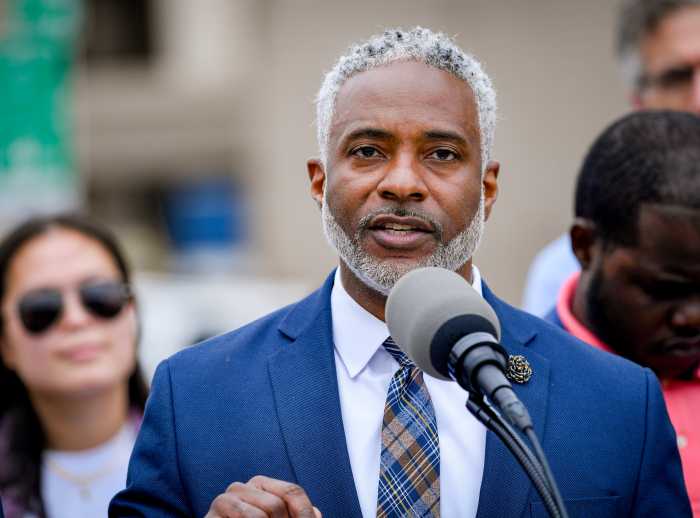
After a summer of recovery, more than a million NYC kids are back in elementary or secondary school this week.
Unfortunately, the journey from kindergarten to commencement is inflicting damage on kids. More than eight in 10 students report moderate to extreme stress, according to a survey by Harris Interactive for the American Psychological Association. And levels of teen anxiety and depression are skyrocketing.
Schools must cultivate not just the students’ intellect but their physical and mental well-being. Then they must teach kids the social and emotional skills needed to become healthy, successful adults.
Students’ mental health takes a hit the moment they wake up. Most secondary schools start at 8 a.m. or earlier. Yet studies show that’s too early for adolescent brains and bodies.
According to the American Academy of Pediatrics, teens need 8.5 to 9.5 hours of sleep nightly. Fifty-nine percent of middle-school students and 87 percent of high school students get less than this recommended amount of sleep on school nights. More than half of 15- to 17-year-olds sleep fewer than seven hours a night.
Sleep-deprived kids exhibit diminished attention spans and concentration — and have higher rates of depression, suicidal ideation and obesity.
The solution? Start school later. Even an extra half-hour would help. The Academy of Pediatrics study sampled 9,000 students from schools that started at 8:30 a.m. or later. It found that late starts improved student scores on standardized tests.
Schools also can reduce harm by assigning less homework. A recent Stanford University study found that high school students had, on average, more than three hours of homework a night. Yet research shows that excessive amounts of homework have little or limited value for learning.
There are better, less destructive ways to educate kids. Paramount among them is social-emotional learning. This approach blends traditional curricula with understanding and honing of self-awareness, relationship-building, and effective decision-making.
Our schools must do more than just turn out a new crop of graduates each year. Schools must prepare children to lead happy, productive and healthy lives long after they’ve moved on.
Alan Shusterman is the Founder and Head of School for Tomorrow, a Silver Spring, Maryland-based nonprofit, independent school for grades four through 12.






























